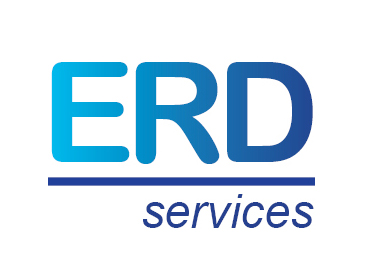Outlook for the Aerospace Industry: A True Paradigm Shift
The Aerospace Industry’s Outlook Has Changed in Less Than Two Months
We now have visibility on how the Great Lockdown will impact ER&D service spending industry by industry. Here is a summary of our expectations for the aerospace industry.
Eighteen months ago, the aircraft industry was a growth industry with a multi-year backlog and focused on ramping up its production. Airbus had put the A380 fiasco behind and Boeing was doing great with both firms looking to ramp up thier productions. As a matter of example, Airbus needed to increase the production of its A320 program, (which represented 74% of its deliveries in 2019) through refreshing its existing plants (through digital manufacturing investment) and creating a second A321 assembly line in Toulouse.
Boeing’s Financials Relied Heavily on the 737 MAX
After its crashes of October 2019 and March 2019, Boeing’s 737 MAX was suspended from flying. The 737 is Boeing’s flagship with a backlog of 4,400 planes (at the end of 2019), representing ~80% of all planes. With the suspension, Boeing was hit at its core and only delivered five 737-family aircrafts in Q1 2020.
The Airline Industry Will Have to Change Drastically
Then came COVID-19, and the airline industry outlook has changed drastically. One expects many bankruptcies and state bailouts. With social distancing policies likely, the number of seats available in each aircraft may diminish by 30% and ticket prices will go up. Meanwhile, rising costs may make short flights not competitive enough with train, especially in Europe. The future of the airline industry looks gloomy.
ER&D Spending: No New Programs
From an ER&D perspective, the future is also depressing. Airbus does not have in the mid-term any significant new aircraft program, although investment in existing planes will remain, although at a slower pace. Boeing is officially reconsidering its NMA/797 program and industry observers doubt the company will go ahead with it. Also, Boeing just pulled out of the Embraer acquisition, which would have helped it against Airbus’s A320 program. In short, both Boeing and Airbus are engaged in existing aircraft enhancements but none has launched a new program. Industry observers expect both vendors to start new programs when new technologies will be available to make planes significantly more fuel-efficient, in five years or more.
A Stop to Digital Manufacturing Projects
Meanwhile, Airbus has reduced its production ambitions: the company intends to reduce the production of its A320 from 60 to 40 per month. The company shelved its plan to add a new A321 assembly line to complement its Hamburg facility. Clearly, Airbus wants to reduce its overcapacity and reduce its cash consumption. Boeing is following the same strategy, having put the production o its 737 MAX on hold and about to make 10% of its commercial aviation workforce redundant.
ER&D Spending Will Be in Sharp Decline for Three Years
With Boeing and Airbus facing sharp revenue decline, the two firms will reduce costs everywhere they can and make a decision on what projects to keep and those to shelf, based on their criticality, cost, and level of completion.
R&D spending will be no exception: we expect ER&D spending to decline by 25%-50% in Q2 2020, be down by at least 25% for full-year 2020, and still be in double-digit decline in 2021 and probably 2022. This is a true paradigm shift that is brutal, unexpected, and has spread from the OEMs to the suppliers. Vendors such as Akka, Alten, Airbus, Belcan, Cyient, Expleo will be heavily impacted.
